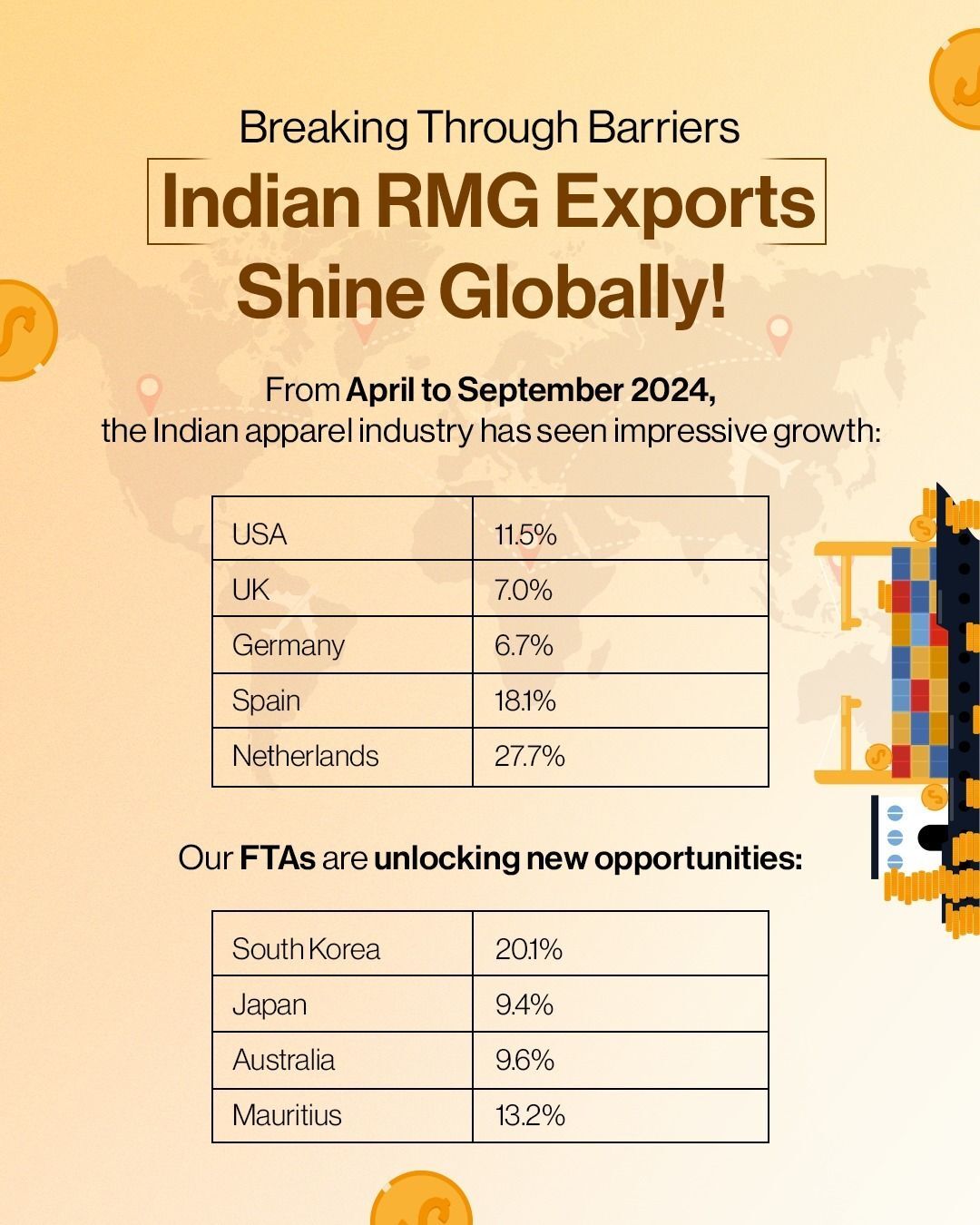
Türkiye is the second largest textile producer in the EU and fifth globally. The country is the world's largest producer of denim, fourth largest supplier of home textiles, fabrics and denim fabrics, and the fifth largest producer of yarns. Textile is the second largest industry in Türkiye in terms of production with total production value of $82.4 billion, including the apparel sector.
However, the country’s large textile industry is struggling with multiple challenges, including weak demand from its main export markets, lower capacity usage and loss of competitiveness, with sector representatives calling for government action. Employment in the sector is declining, while capacity utilization rate across the industry has fallen to 70 per cent.
A struggling industry
Ahmet Öksüz, President of the Istanbul Textile and Raw Materials Exporters Association (İTHİB) stated the industry posted a trade deficit last year. It was the net importer in 2022. Öksüz says, contraction in the main export markets is causing serious problems for local textile companies, Öksüz says, dumped imports of textile products are eroding local competitiveness. Turkish products are high quality and therefore, cannot compete with cheap products from countries like Uzbekistan. The government needs to provide the sector with some protective measures to prevent job losses and rendering billions of US dollars-worth of investments idle.
Big manufacturers go bust
The first time the writing appeared on the wall for the textile sector was during the global financial crash of 2008. Established manufacturers were queued up by banks for closure as surmounting debts rendered them un-payable. In recent years, important manufacturers such as Emek Kumaş, Kale İplik and Üçyıldız Tekstil have been foreclosed by banks.
One after the other, well-established companies are announcing their bankruptcies. These include those operating for many years. In 2008, during the global crisis, many textile enterprises were closed the companies were seized by banks in return for their debts. Experts explain a similar situation will not occur in the coming period but businesses that fail to overcome their problems will continue to close down. For example, Emek Global Tekstil Sanayi ve Ticaret Limited Şirketi, Emek Kumaş Dış Ticaret İnşaat ve Sanayi A.Ş. and Emekteks Dış Ticaret Limited Şirketi under Emek Group, whose foundation dates back to 1957, have requested concordat. Tekirdağ Commercial Court of First Instance granted three-month temporary respite for the companies and appointed a commissioner for the supervision of company activities.
Türkiye textile industry, which is among the world’s largest textile exporters, experienced a 13.6 per cent decrease in the first half of the year. In the January-June period of 2023, Turkish textile and raw materials sector exports, which were valued at $5.9 billion, decreased 22.1 per cent to $ 953 million in June 2023 and declined 6.9 per cent compared to the previous month and by 22.1 per cent compared to June 2022.
EU countries maintained their first place in the exports of textile and raw materials in the January-June period of 2023. In this period, exports to 27 EU countries decreased by 22.5 per cent compared to the same period in 2022 and amounted to $2.4 billion. The second country group with the highest exports of textile and raw materials was African countries. Exports to African countries declined by 18.9 per cent in this period and were recorded at $ 622 million.












